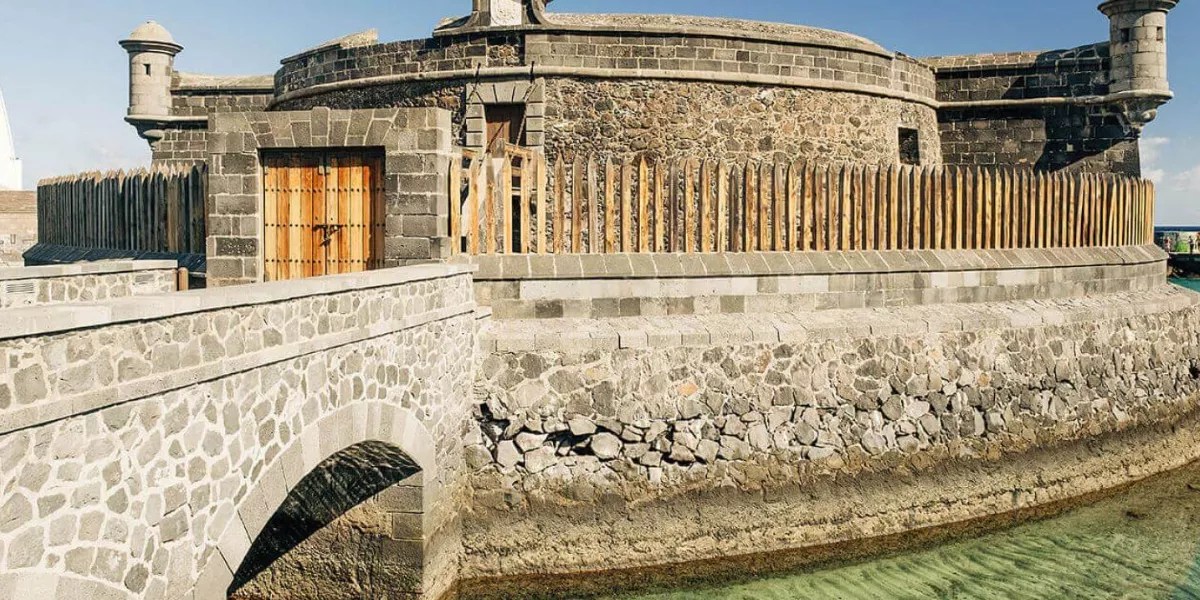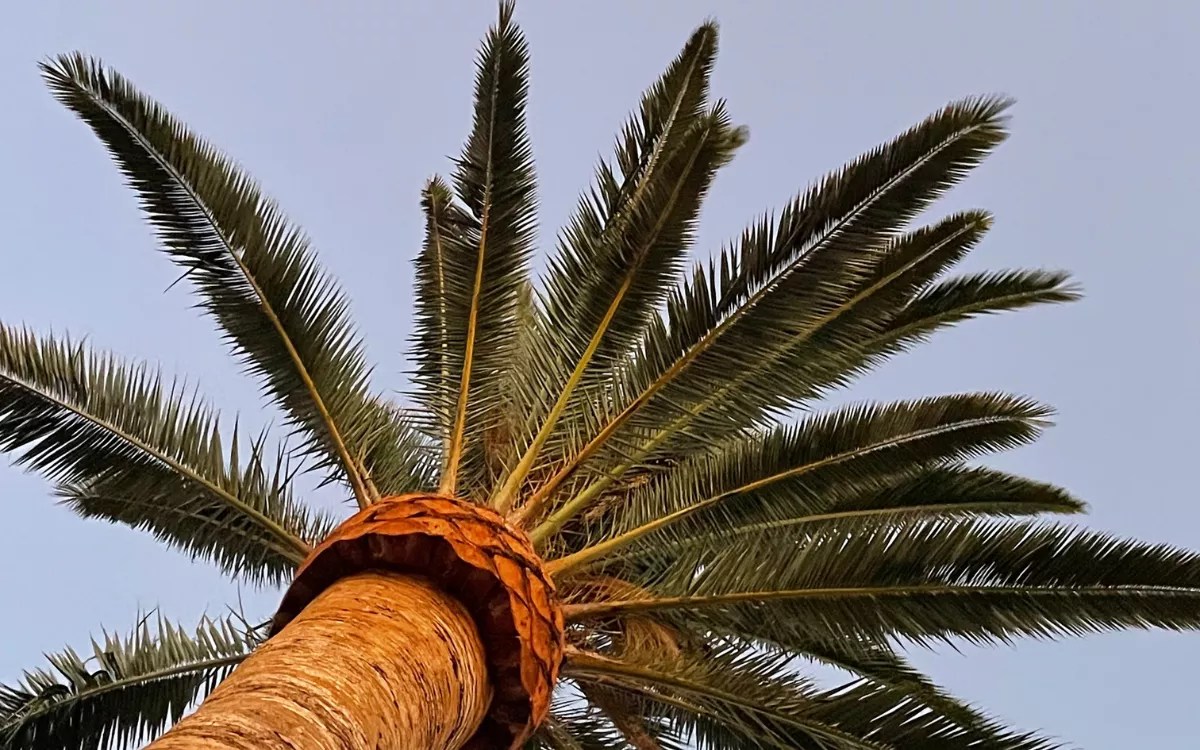In the steep ravines of the highlands of the Arafo mountains, right at the centre where organic farming, diminished and discredited by the authorities, survives with effort and dedication, fear has become a new work companion. Farmers like Pilar Carballo and Jennifer Santos, figures of the primary sector on the Island and winners of the Rural Women award, live in permanent alert following a series of attacks by feral dogs that have endangered their herds and their way of life.
“No dog has reappeared in my area, but the fear remains here”, says Carballo, president of Agrecan and active member of Ganaderas en Red, a collective that defends extensive farming and the rights of rural women, still recovering from the latest attack suffered on her farm. “I struggle to get to sleep. I’m vigilant. The sheep are also scared. As soon as they hear a dog barking on a walk, they freeze.”
Pilar has been a victim of two attacks, one in March 2024 and another recently, which left ten sheep injured and several dozen hens affected, with all that implies. “It’s not just about the animals’ suffering, but also the physical and psychological effort of having to care for them while they heal. I’ve received more support from individuals and social networks than from the institutions. Even healthcare personnel have helped me to treat them.”
The situation is repeated on other farms in the municipality. Jennifer Santos Cabrera, responsible for the Aborigen dairy, which was recognised among the ten Best Sustainable Producers of 2023, was also recently attacked.
“A dog went directly for one of my goats. It didn’t bark, it went straight to bite. It tore her abdomen. We thought she was going to die.” Although the animal managed to survive, the after-effects were multiple: lost milk, injured animals, interrupted milking, and mastitis. Both agree that it is likely that these attacks come from guard dogs that have been abandoned or have gone feral after getting lost during hunts.
“Near my farm, there’s a training area. It’s a place where many dogs get lost and end up roaming free on the mountain”, Pilar complains. “We don’t want reprisals against individuals if they were dogs with owners, but we do want a serious and preventive response”. Pilar doesn’t hide her disappointment with the institutions. “No one from the Cabildo has contacted me. Not even to ask how I am, when just two months ago they chose me as a sustainable producer in the Repsol gala. They say they have a busy schedule, but so do I.”
The Mayor of Arafo, Juan Ramón Martín, expressed to this newspaper his “deep concern” over the recent livestock attacks that have occurred in the municipality, which he described as “serious and repeated incidents”. The top official detailed that “three attacks occurred on two different days and in two different areas,” one of them against the farmer Pilar Carballo and another on a nearby farm, plus a third weeks later in another location in the municipality.
Mobilisation of security forces
From the outset, he assured that the council made itself available to the Civil Guard, which is leading the investigation with the support of the Local Police. As a concrete measure, Martín announced that they are finalising an agreement with the Cabildo of Tenerife to activate, for the first time in the municipality, the feral animal control service. “We are finishing this agreement so that the Cabildo can intervene in our municipality,” he explained, noting that this tool will be “key to preventing further damage to the livestock subsector.”
He also announced the urgent convening of a Local Security Board to address this problem comprehensively, with the participation of the Civil Guard, Canary Police, Local Police, and Seprona.
The mayor emphasised the need for affected farmers to feel the support of the institutions. “It is a true pride that two women have decided to take the step of developing such a tough activity as farming,” he said, reiterating the council’s commitment to their protection. “They need to feel our support and backing,” he stressed.
“No one listens to us”
Jennifer, for her part, recalls that they have not yet recovered from the great fire of 2023, which devastated 40 hectares of their pasture and forced their evacuation. “I only received 2,700 euros in aid. We’ve relied on savings. And now this.”
The cry of these farmers goes beyond economic damage. They demand attention, recognition, and, above all, effective measures. “What we ask is that protocols be activated for the collection of feral dogs, that drives are conducted, that there is surveillance. That the authorities take charge,” Pilar demands. “We are the guardians of the territory. We are the first to alert when something happens, and yet we find ourselves defenceless.”
The legal proceedings of some cases have not brought solutions. “My case is in the hands of a judge, but if there is no sensitivity from the justice system, this will come to nothing. The financial aspect doesn’t matter to me, nothing will bring my animals back,” she laments.
Hunting pressure
Jennifer adds a new element to the equation: the pressure of hunting. “Six months ago, they created a big game reserve right on the edge of our grazing area. Hunters with rifles, dogs that get lost, an increasingly unsafe environment. And at this time, small game hunting begins. These lost dogs end up grouping together, and they no longer attack just one or two animals… they could even attack people at some point.”
Both producers, who represent an ever-scarcer model of sustainable and organic farming, agree on the same conclusion: the primary sector in the Canary Islands is unprotected. “We are two pioneering and recognised farmers on the Island, but since I understood that they do not value us, I go it alone. I don’t ask anyone for anything,” concludes Jennifer Santos. While the farmers continue milking and tending to wounds, they hope that the next bark is not the herald of another attack.





















